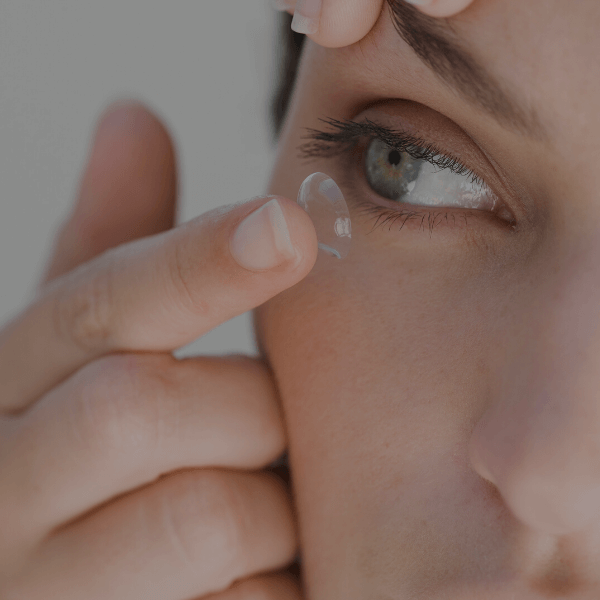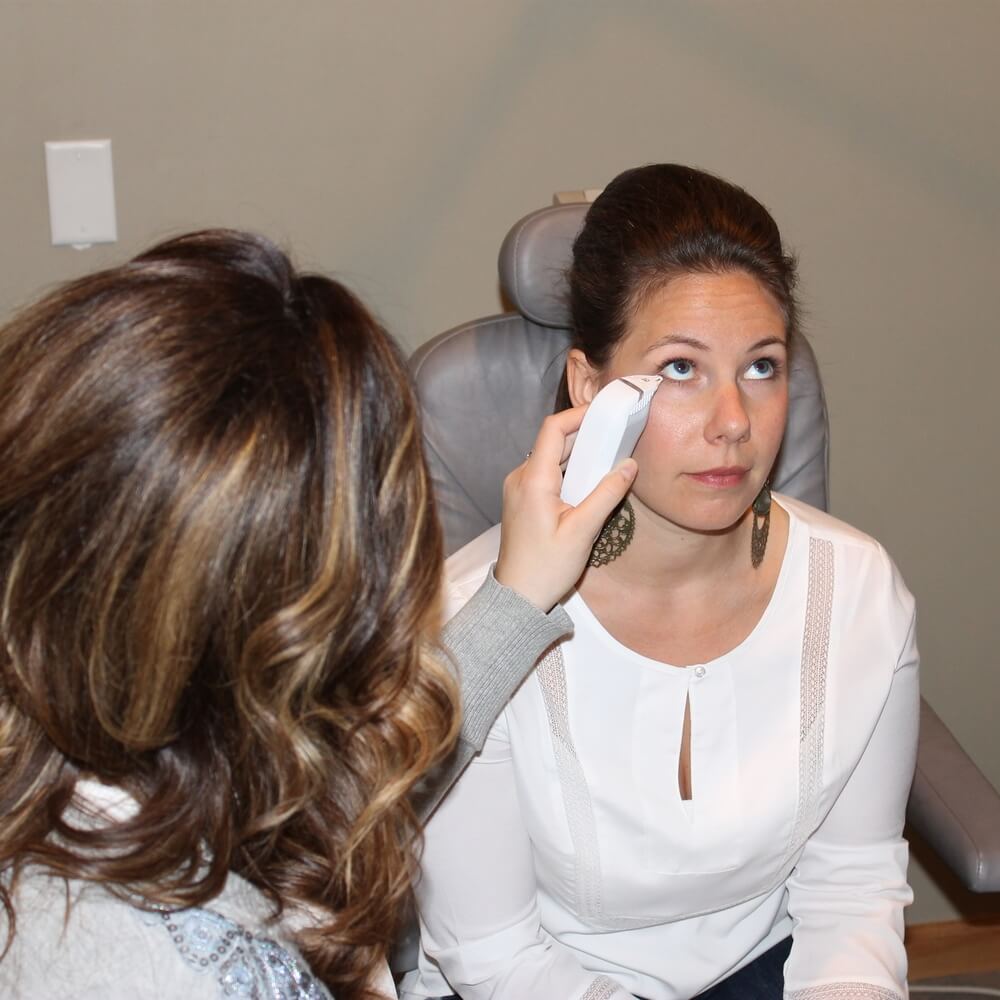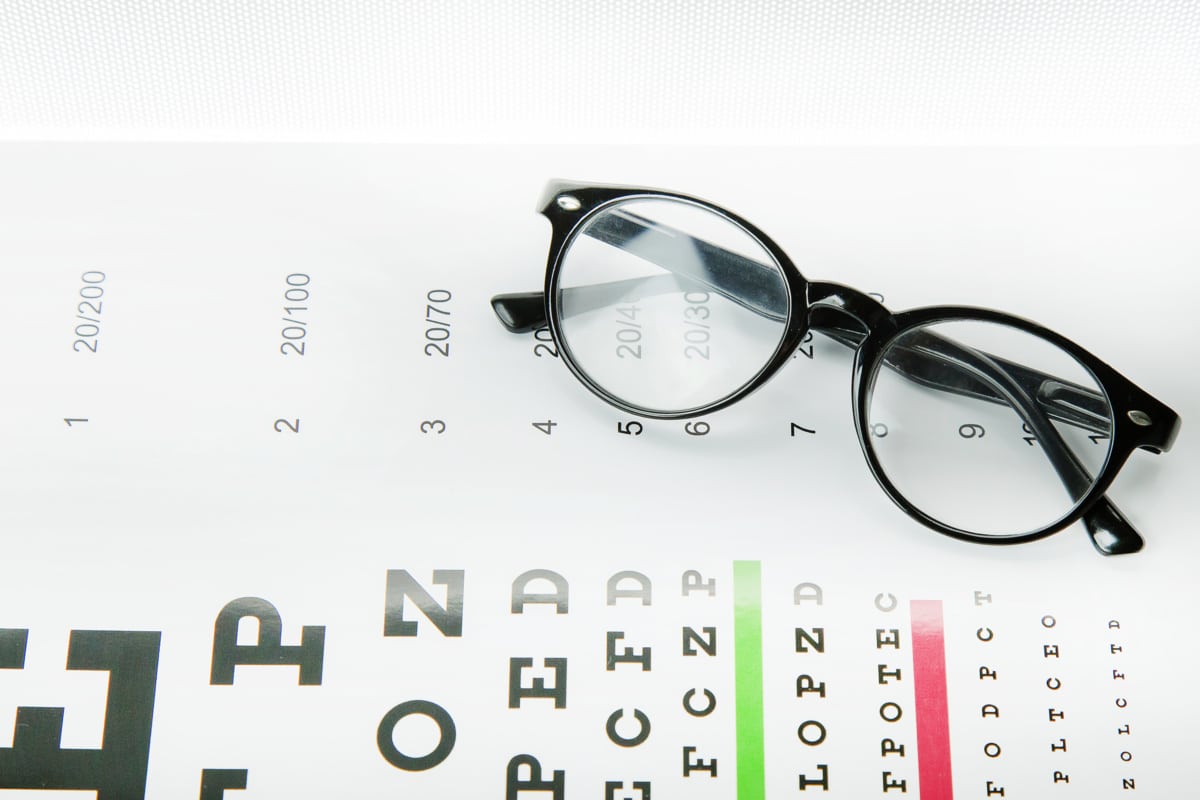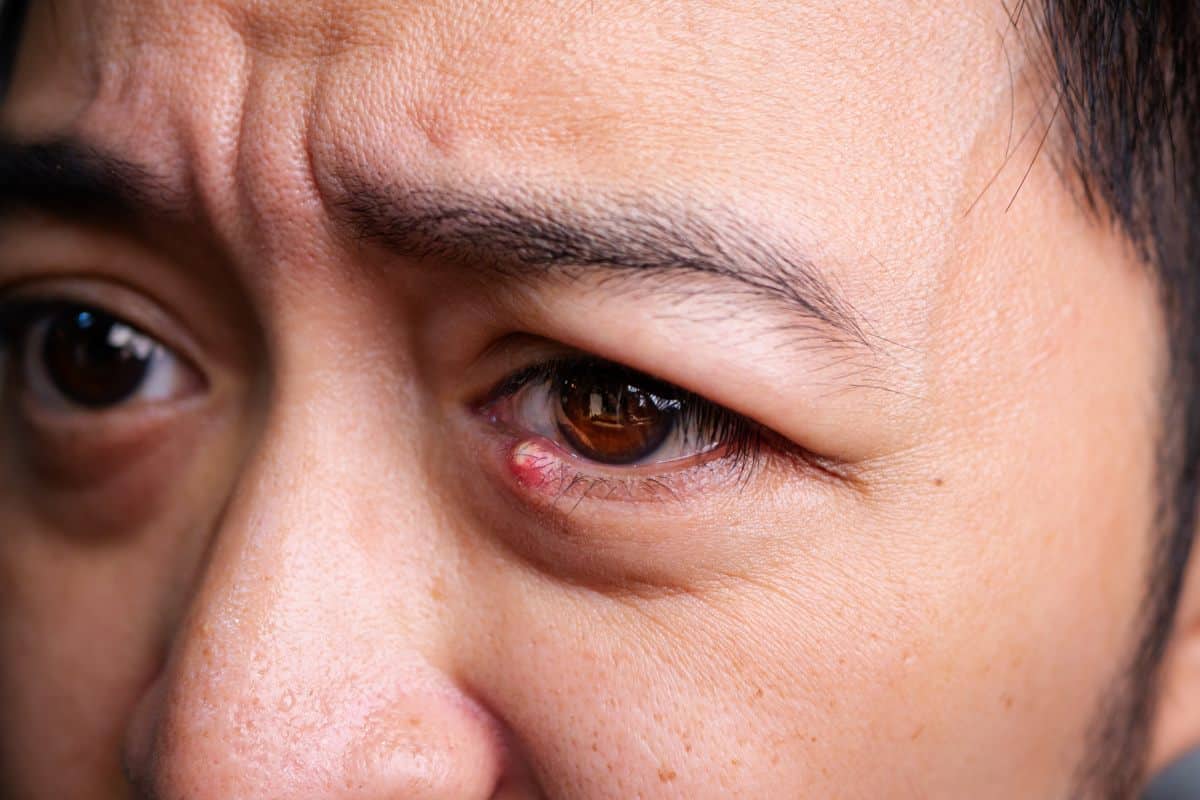If you’re tired of wearing glasses, there are plenty of alternatives to eyeglasses nowadays. The type of alternative you choose depends on how long you’re looking to receive correction and if you’re willing to go under surgery. Discussing all of the available alternatives out there and which ones would work best for your lifestyle will let you know which options would be the best options for you to choose. Let’s take a closer look at all of the alternative options out there on the market for you.
Contact Lenses

There are several different types of contact lenses available, each offering its own unique pros and cons. Here are some common types of contact lenses:
- Soft contact lenses are made of flexible plastics and are the most popular type of contact lens. They are comfortable to wear and come in a variety of styles, including daily disposable, biweekly, and monthly lenses.
- Rigid gas permeable contact lenses are a breathable plastic that allows oxygen to pass through to the cornea. They provide sharper vision than soft contact lenses and are typically used for people with more complex vision problems.
- Daily disposable contact lenses can be worn for one day and thrown away. They are a convenient option for people who don’t want to deal with the maintenance of traditional contact lenses.
- Multifocal contact lenses are designed to correct both near and distant vision, making them a good option for people with presbyopia, a condition in which the eyes lose the ability to focus on close objects.
If you’ve only tried one type of contact lens before, consult with your eye doctor to see if your vision needs can be addressed with any other of these contact lenses.
Orthokeratology
Orthokeratology, also known as ortho-k or corneal reshaping therapy, is a type of non-surgical vision correction that uses specialized rigid contact lenses to temporarily reshape the cornea and correct vision problems such as myopia (nearsightedness) and astigmatism.
The ortho-k lenses are typically worn overnight while sleeping, and they work by exerting gentle pressure on the cornea to flatten it. This reshaping of the cornea allows light to focus properly on the retina, resulting in improved vision. The effects of ortho-k are temporary and typically last for one to two days, so the lenses need to be worn regularly to maintain vision correction.
Laser Vision Corrections Are Great Alternatives to Eyeglasses
Laser vision correction is a refractive surgery that uses a laser to change the shape of the cornea and correct vision problems such as myopia (nearsightedness), hyperopia (farsightedness), and astigmatism. It used to involve creating a flap to reshape the cornea and correct the vision problem. However, with advancements in this surgery, only a small keyhole is required to reshape the cornea. This cuts down on the healing time and allows you to get back to your daily routines a lot faster.
Small incision lenticule extraction (SMILE) is a newer type of laser vision correction that involves creating a small incision in the cornea and using a femtosecond laser to remove a small piece of tissue from within the cornea to reshape it.
Implantable Contact Lenses
Implantable contact lenses (ICL) are a type of refractive surgery that involves implanting a small, flexible lens inside the eye to correct vision problems.
The ICL procedure is performed on an outpatient basis under local anesthesia. A small incision is made in the eye, and the ICL is implanted behind the iris and in front of the eye’s natural lens. The procedure typically takes about 20-30 minutes per eye.
Recovery time after ICL surgery is typically quick, with most people returning to normal activities within a few days. ICL offers several benefits over traditional contact lenses, including better visual acuity and more natural vision. ICL does not cause dryness, irritation, or glare, which are common issues associated with contact lenses.
Gaining Freedom with These Alternatives to Eyeglasses

Thankfully, there are a lot of other alternative options out there to consider if you’re tired of wearing glasses. If you’re not sure what option would be best for your lifestyle, you should consult with your eye doctor.
If you’re ready to experience life without your glasses, schedule an appointment today to see which alternatives to eyeglasses would be best for you.




